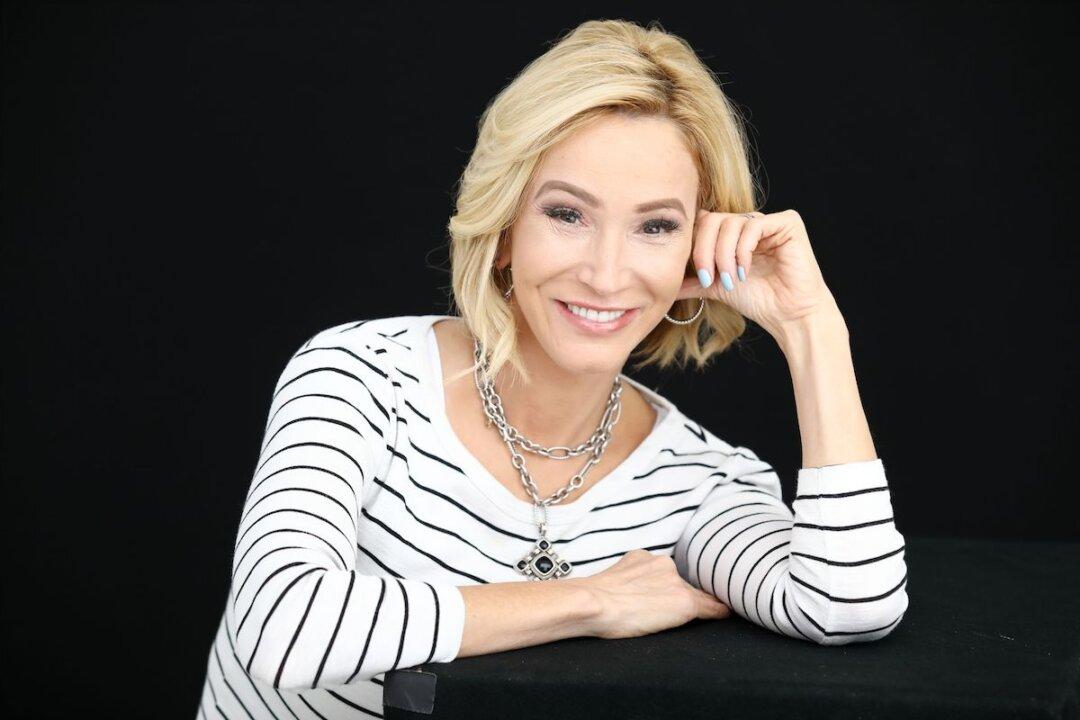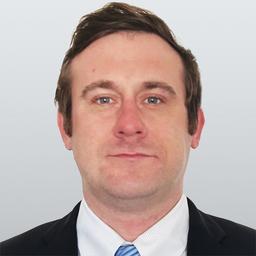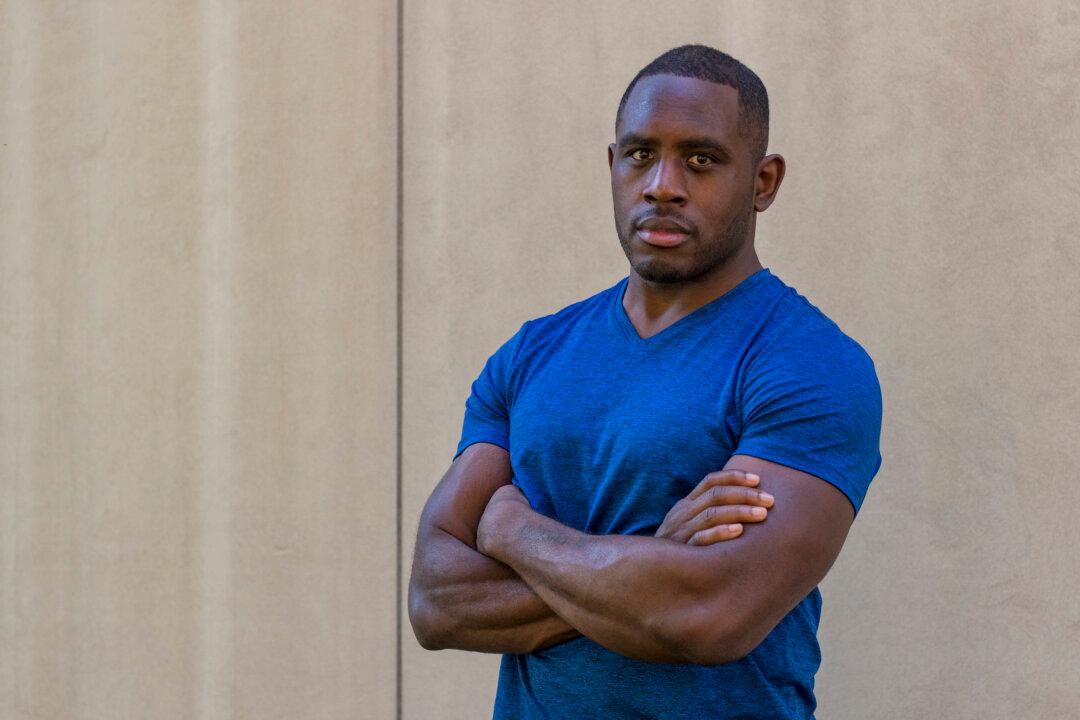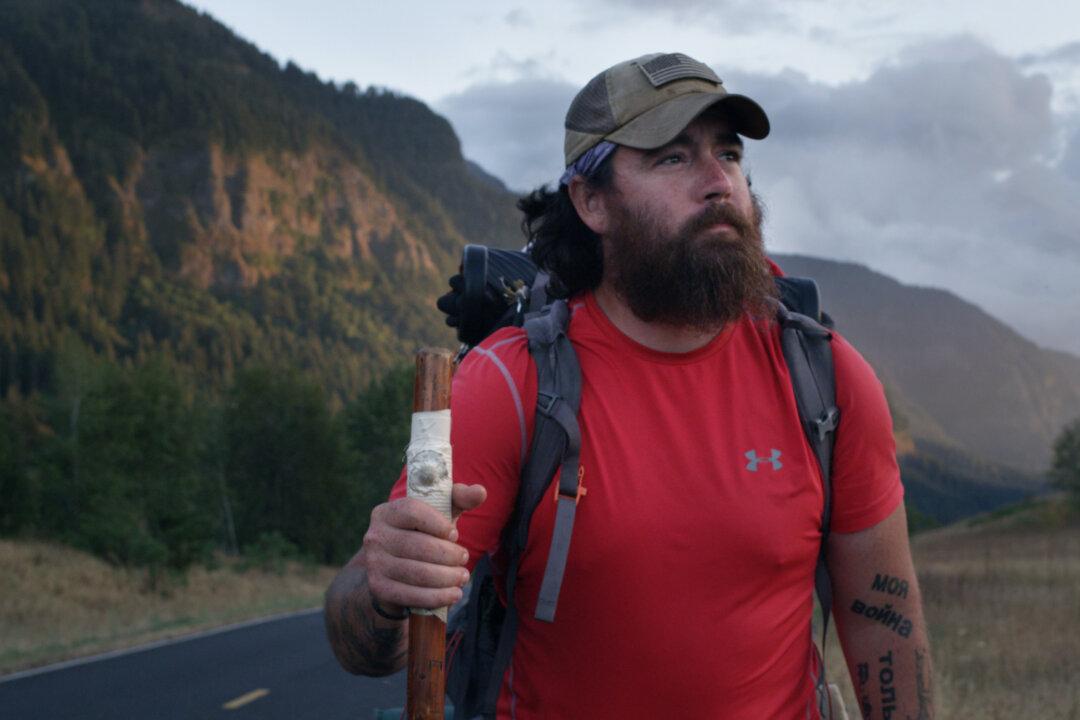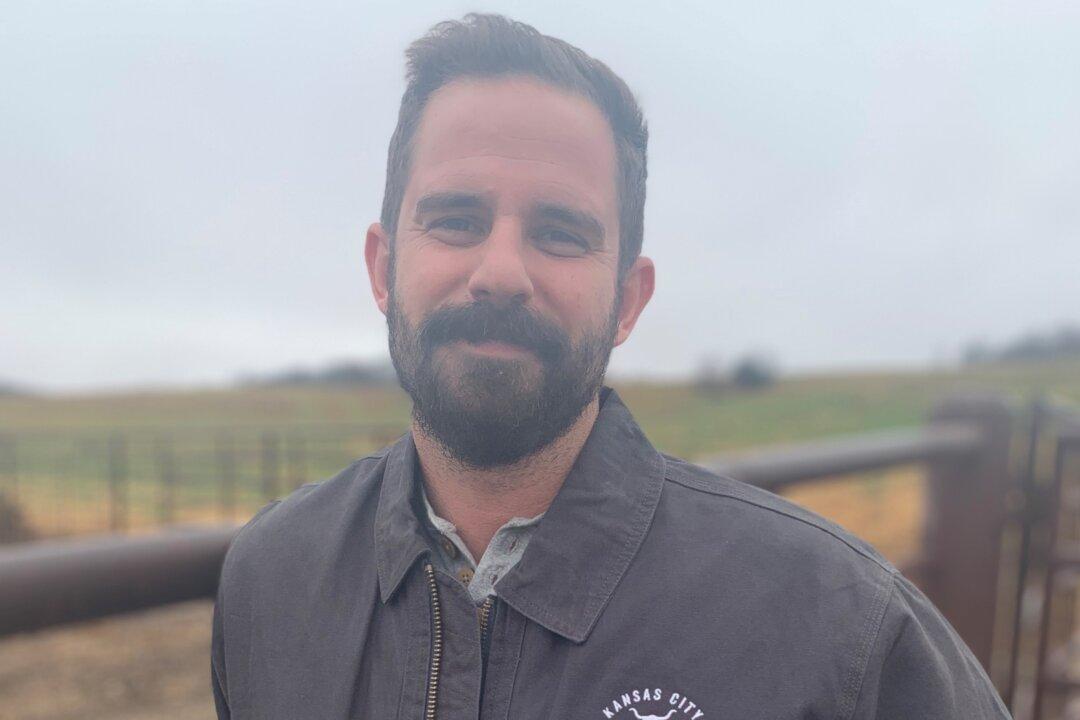Paula White-Cain has been a pastor for 34 years, and has been a spiritual adviser to Donald Trump since 2001. The Epoch Times had an opportunity to discuss White-Cain’s work, and her relationship with the president.
It started 18 years ago, when White-Cain received a call from Trump. He told her that he had watched her sermons on Christian television and began to recall three of her sermons almost verbatim, she said.

